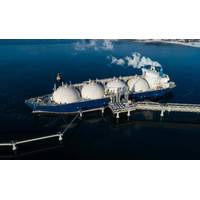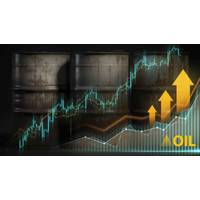South Africa's Hive project, worth $5.8 billion, aims to be the leader in low-cost ammonia production
An executive revealed that a $5.8 billion South African project located on the east coast aims to use cheap renewable energy and the country's infrastructure to produce some of the cheapest green ammonia in the world for clients from Europe and Asia.
South Africa competes with other African nations including Egypt, Morocco, and Namibia to meet the growing demand for green hydrogen and ammonia in Europe and Asia. These products are described as "green" because they're produced using renewable energy.
Ammonia can be used to make fertiliser, by the chemical industry, and to deliver hydrogen. Hydrogen is desired to reduce carbon dioxide emissions but it is difficult to pipe or ship.
Colin Loubser, Hive Energy Africa's CEO, said that the project in Coega will allow for the shipment of around 1 million metric tonnes of green ammonia per year to clients.
He said, "Our project will, we believe provide the lowest-cost green ammonia worldwide," on the sidelines an energy conference in Cape Town.
Existing infrastructure, as well as ample wind and solar power, can be used to offset capital expenditure. The project can also be offset by a desalination facility on site operated by South Africa’s largest salt producer by volume, Cerebos.
Loubser, citing global indexes, said that green ammonia is priced at $760 per ton, free-onboard. However, the Coega operation could produce it for less.
He said that the company is in discussions with customers from Europe, Japan, and Korea.
South Africa's Department of Trade, Industry and Competition estimates that the country will be able to reach $1 per kilogramme of Green Hydrogen by 2050.
Loubser stated that subsidy programs in countries like Australia and India could pose a danger to South Africa but it should stay competitive in this nascent industry.
Loubser stated that Hive's project, strategically located along a major transportation route, could quadruple the production to 4,000,000 tpa. (Reporting and editing by Barbara Lewis; Wendell Roelf)
(source: Reuters)






